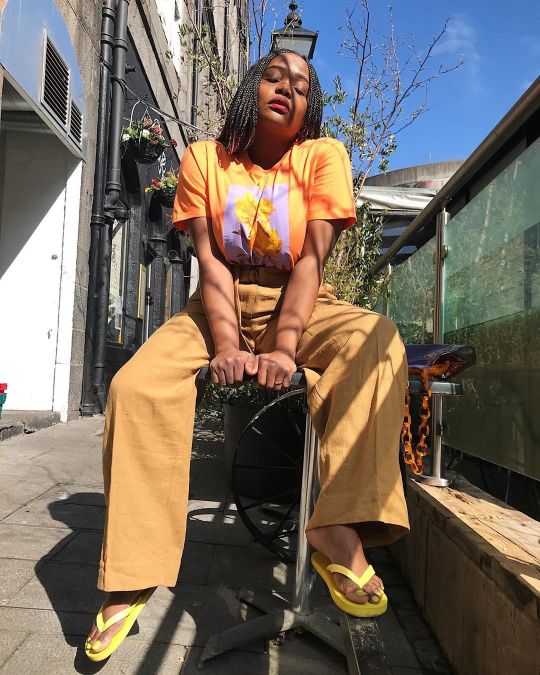April 10, 2022 at 06:00AM
I’ve always been into my skincare. (Ask any girl with hormonal acne and I’m sure she’ll tell you the same). The desire to find that one wonder product started in my teenage years, where I’d spend hours lusting over the just-launched cleansers and shiny posts of moisturisers in the monthly glossies, while most weekends involved poring over the shelves in Boots deciding how to spend the £30 I’d earned from my Saturday job. (Which, for the record, actually happened to be in Boots.)
Since then, I’ve been lucky enough to try some of the best skincare products on the market and have created a routine that works for my skin and its needs. But I have to admit that my routine was distinctly lacking in one skincare product until a few years ago: SPF.
However, when you spend so much time chatting to celebrity facialists and dermatologists about the best ways to care for your complexion it soon becomes clear that skin experts unanimously agree that SPF is an integral part of any successful skincare routine. Yet so many of us choose to ignore it.
Personally, I think there are two main reasons for our hesitance around using a daily SPF. Firstly, the UK isn’t exactly renowned for its amazing weather (especially during the winter months when you might not have seen the sun for weeks). It isn’t normally until a heat wave rears its head on the weather forecast that we feel any kind of desire to start slapping on the sun protection on a daily basis. Secondly—between UVA and UVB protection, broad spectrums and star ratings—knowing what to look for when choosing an SPF can feel like a bit of a minefield to say the least.
ADVERTISEMENT
ADVERTISEMENTKate Spade Autumn/Winter Sale |

So to help debunk the myths around SPF and get to the root of exactly why it is so important, I caught up with some skincare experts for the full lowdown. Keep scrolling for a foolproof guide to choosing the best sun protection for you and to shop the best SPF products out there.

Let’s start with the basics, shall we? SPF stands for Sun Protection Factor and, in the UK, is a measure of the amount of ultraviolet B radiation protection. Simply put, the higher the factor number, the higher the UVB protection.
UVA, on the other hand, stands for ultraviolet A radiation and can be measured by the star rating on UK sunscreens. The higher the star rating, the better the protection—with a five-star rating being the best.
If a sunscreen refers to itself as “broad spectrum” then this means that it offers both UVA and UVB protection. However, in the UK, if sunscreen has both an SPF rating and a star rating, then it will also protect you against both types of rays.

Understanding the difference between UVA and UVB rays feels a little like heading back to school for a science class. “They are different wavelengths of light,” explained David Colbert, New York Dermatology Group founder and head physician. “The UVB waves burn and age the skin, the UVA waves penetrate deeper and tan the skin, and both waves damage collagen and age the skin.”
UVA rays make up about 95% of the UV light that reaches us and are considered the largest threat to our skin. They’re present whenever it’s daylight—regardless of whether the sun is out or not—and can penetrate through glass. UVB rays, meanwhile, have a much smaller range but are responsible for the visible changes that you see to the surface of your skin—like burning.
While both UVA and UVB rays have been proven to play a role in skin cancer, UVA rays penetrate your skin much more deeply than UVB rays—eroding firmness, elasticity and causing wrinkles.

There’s plenty of conflicting advice about how much SPF to apply, but it’s widely accepted that most of us just don’t slather on enough of it. Official National Health Service guidelines advise using two teaspoons of sunscreen for your head, arms and neck, or two tablespoons for your entire body. But in case you don’t want to treat your sun protection like you’re baking a cake, Colbert says you can use SPF “just like a moisturiser—enough to lightly cover the skin.”
ADVERTISEMENT
ADVERTISEMENTSports Direct Free Delivery on All Orders! |
When it comes to applying SPF, you should do so about 30 minutes before you head outside. I apply it as the last step in my skincare routine before doing my hair and makeup. However, if it’s a summer’s day, you’re advised to reapply it just before you leave the house and every couple of hours that you’re outside. If you really want to save time, then opt for beauty products that have SPF built in. There are plenty of moisturisers, foundations, lip balms and hair sprays that are formulated with sun protection so you don’t have to worry about applying it separately. However, you shouldn’t rely on SPF in makeup such as foundation, for example, as you’d need to apply a lot of it to get enough SPF protection. So, it’s always best to use a dedicated SPF before make-up.
Now, for the most important question—do we need to wear SPF every day in the UK? “I’d say if it’s a rainy day, you could skip it,” Colbert cautiously advised. “However, we’re exposed to UV rays even on a cloudy day.” If you’re cautious about ageing, Colbert advises wearing an SFP 30 daily. “If you introduce SPF as part of your daily routine, you’ll escape the ageing rays of the sun and your skin will age at a slower rate.”
Keep scrolling to shop my pick of the best SPF products.


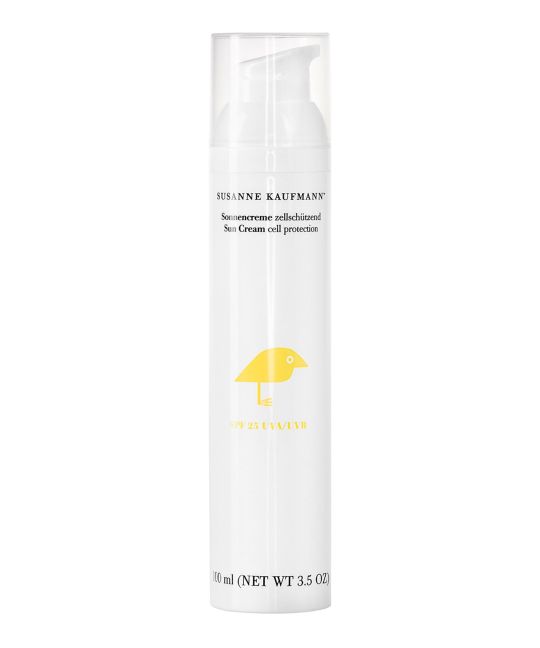



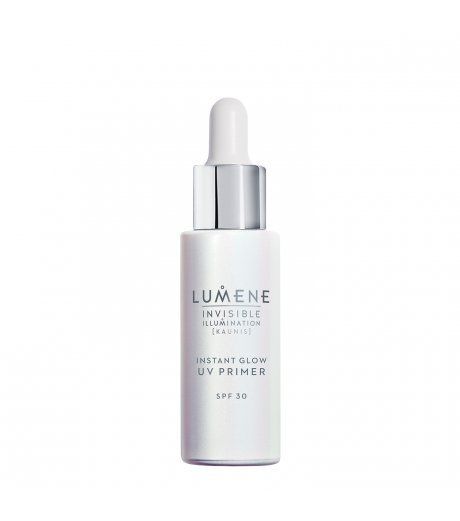

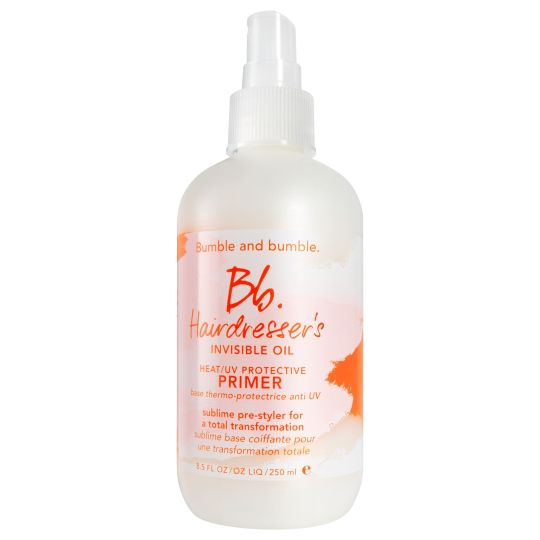
ADVERTISEMENT
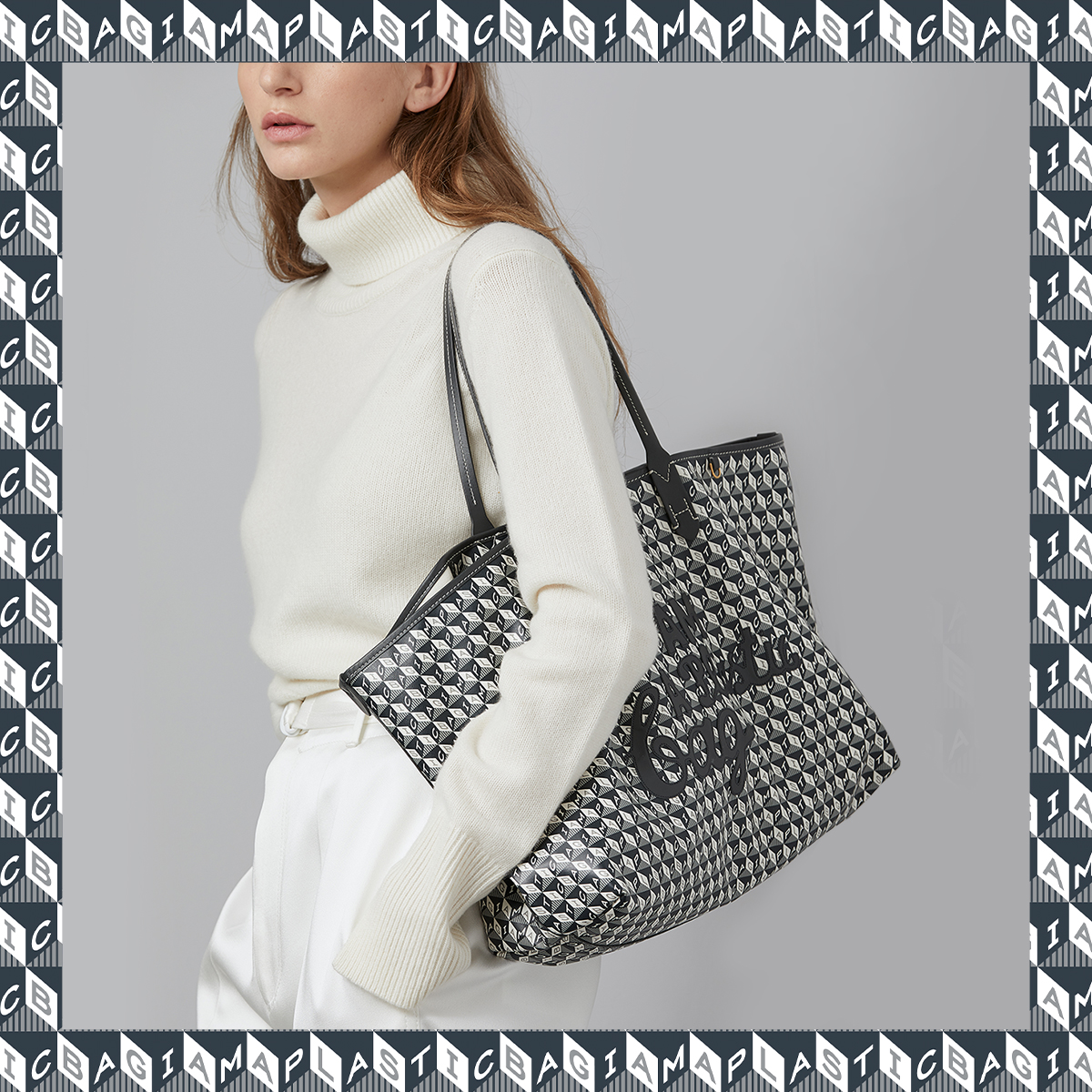
ADVERTISEMENT
Anya Hindmarch - I AM A PLASTIC BAG
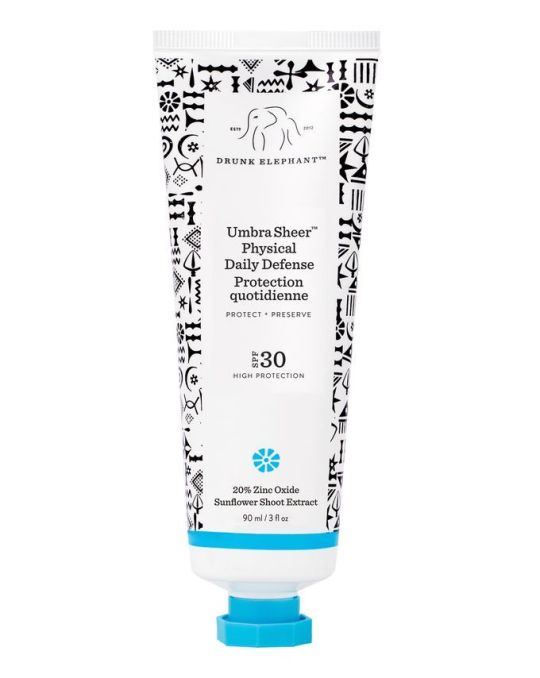


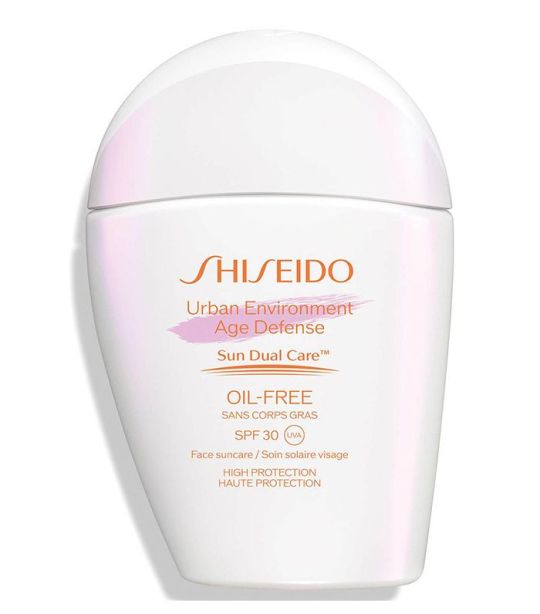
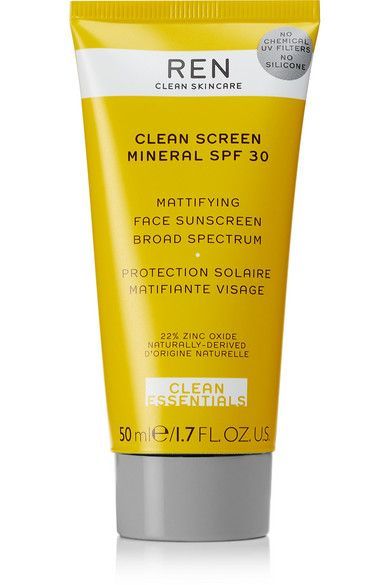
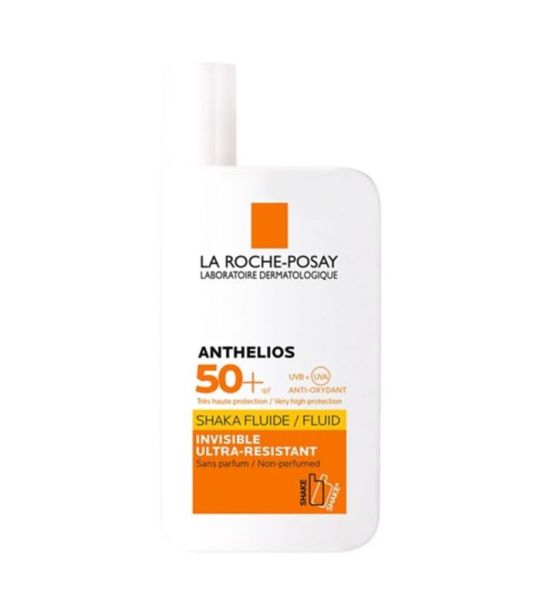
Up next, I tried every product from The Ordinary—these are the ones I’d recommend.
Author Mica Ricketts | Whowhatwear
Selected by CWC
ADVERTISEMENT
ADVERTISEMENTUp to 30% off Gift Sets |




